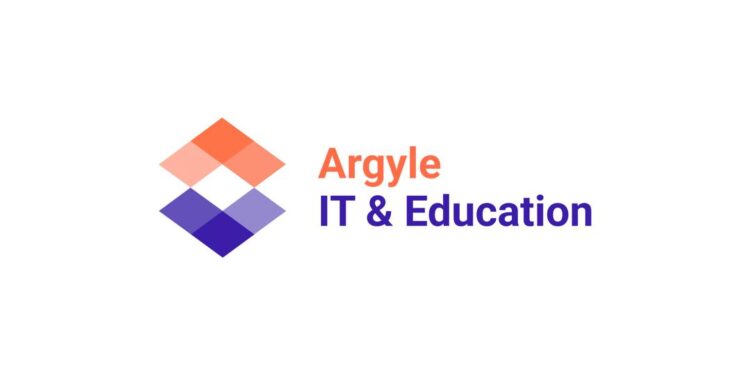Lagos, Nigeria —Argyle IT & Education, a pan-African edtech and career development firm, has announced the launch of the Digital Higher Education Africa (DHEA) Summit, an initiative intended to reshape the digital future of higher education across the continent.
Set to take place from June 19 to 20, 2025, the summit will convene senior policymakers, university administrators, technology experts, and international partners in Lagos, Nigeria, to explore how digital innovation can be harnessed to improve access, quality, and relevance in African tertiary education.
“We are convening this summit to help identify scalable solutions and practical policy directions that can enable African universities to thrive in the digital age,” said Solikume Joel, Chief Operating Officer of Argyle IT & Education, during the announcement in Abuja. “This is not about theory—it is about implementation.”
Themed “Reimagining Higher Education for a Digital Africa”, the DHEA Summit will focus on five core pillars: infrastructure development, policy harmonisation, digital skills training, cross-border collaboration, and sustainable funding models. Delegates will include vice chancellors, ICT directors, deans of admission, student leaders, and private sector executives.
According to Argyle’s CEO, Opeyemi Ibukun, the summit responds to a regional imperative. “Globally, countries with more than 60 per cent tertiary education enrolment tend to lead in innovation, workforce productivity, and social development. Africa cannot afford to lag behind,” he said.
He noted that only a handful of African countries approach this threshold, with Sub-Saharan Africa averaging around 9.4 per cent gross tertiary enrolment according to UNESCO’s latest data.
Ibukun added that digitalisation offers an opportunity to accelerate growth without the prohibitive costs of traditional campus expansion. “If structured correctly, digital infrastructure allows access at scale without compromising quality.”
While the potential is clear, several experts caution against an overreliance on technology alone. “Digitisation must be matched by investment in faculty training, curriculum redesign, and digital governance,” said Dr. Mayowa Afe, Managing Director of Danvic Petroleum and advocate for science education. “Otherwise, we risk creating systems that are technically advanced but pedagogically weak.”
Prof. Babajide Oyeneyin, Director at i-Flow Energy Holdings and a former academic, called for a stronger role for data science and AI in university research. “We must equip institutions with the tools not only to teach but also to lead in knowledge production.”
Another focus of the summit is inclusion and affordability. Dr. Jide Olufuyi, Managing Director of LOJ International Education, stressed the role of remote learning in expanding access. “Through virtual platforms, we are seeing young people in underserved areas access lectures from some of the best instructors in the world. That’s a radical shift.”
The summit will also examine monetisation strategies for African universities, including the commercialisation of digital IP, partnerships with edtech startups, and virtual international student recruitment.







